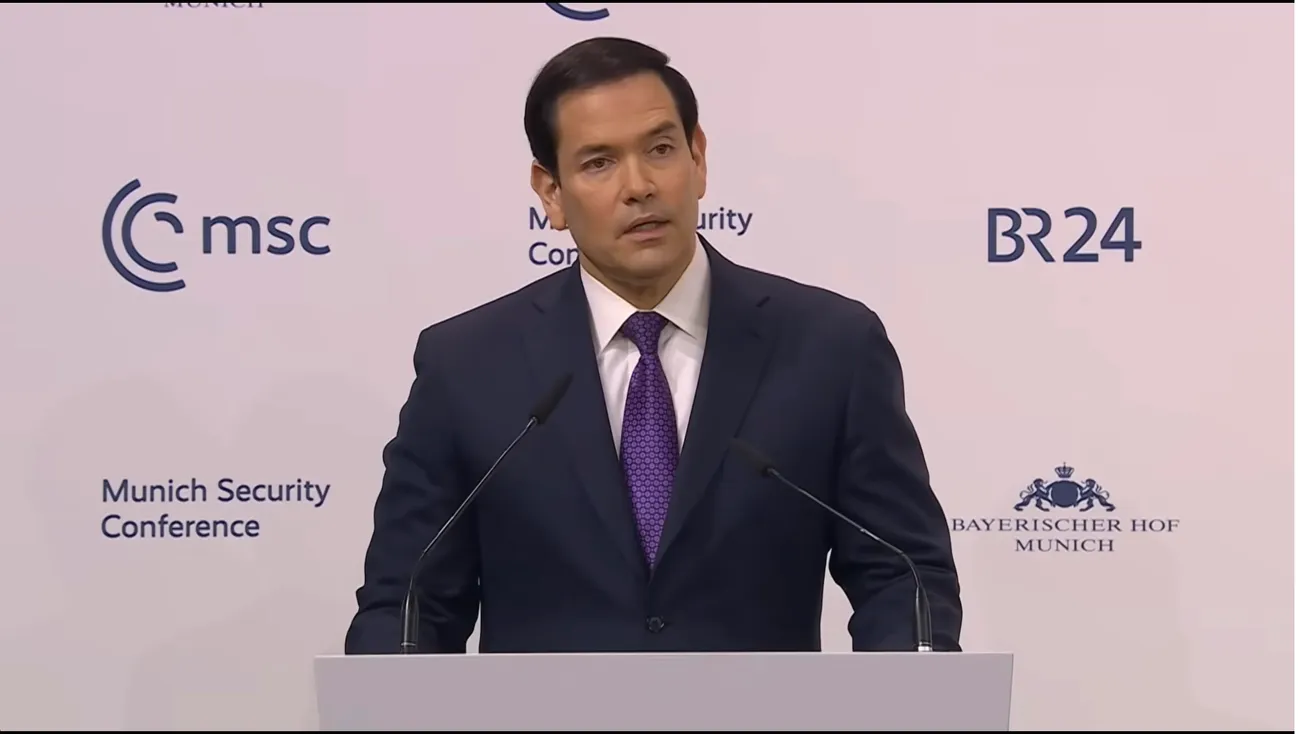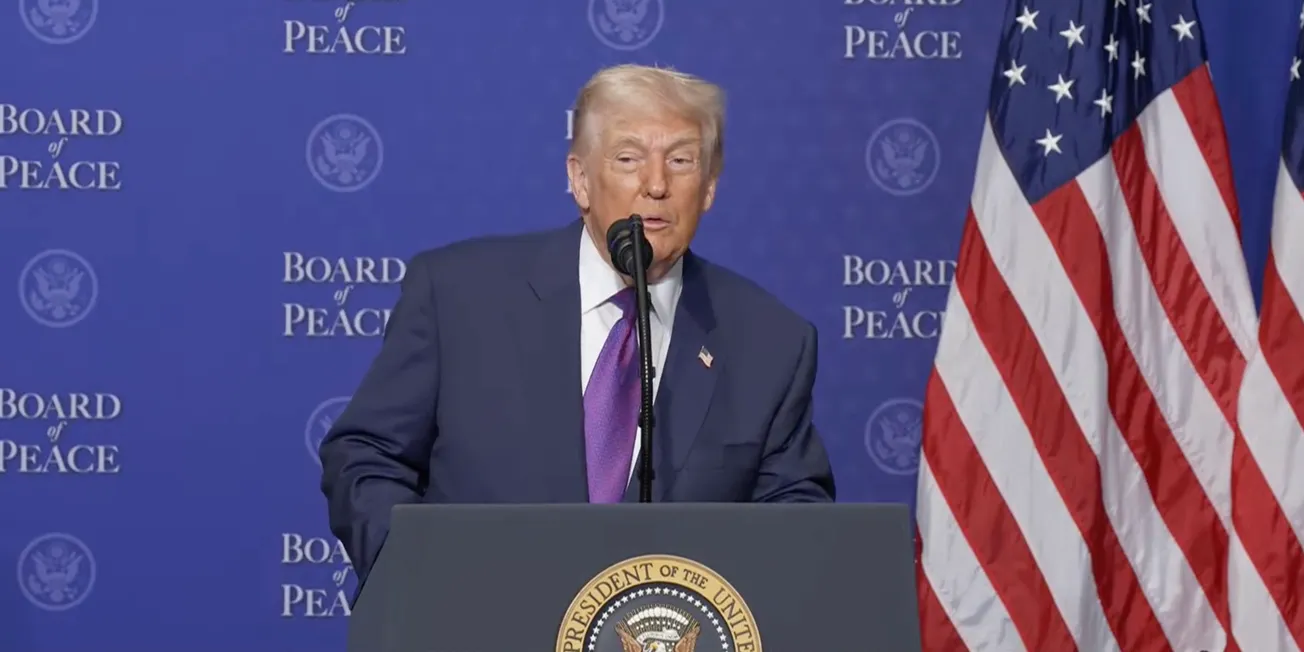The remarks made by U.S. Air Force General John Hyten, vice chairman of the Joint Chiefs of Staff, to a meeting yesterday of the Brookings Institution, are chilling in their implication. Hyten stated that he believed it to be all-too-possible that a shooting war between Russia and the United States, or between China and the United States, was a real danger. The build-up in new types of thermonuclear weaponry and deployment systems, and the lack of trust in negotiations, indeed the lack of any negotiations at all on matters of strategic weaponry between, for example, China and the United States, means that we are sliding, perhaps duped by computer-driven systems-analytical miscalculation, into “doing the unthinkable which nonetheless becomes inevitable.” “I know the President — President Biden — and President Xi have talked a couple times this year. That’s important, but I hope we can broaden that conversation all the way down to the military-to-military level as well,” Hyten said. “We’re having strategic stability talks with Russia to make sure we understand where we are, not just in the nuclear realm, but in space as well. We need to have that conversation start with the Chinese, we really do. We need to be able to sit down, I need to be able to sit down — Secretary Austin, the political leadership, the State Department — and talk about these issues with China. Because as different as we are, we do have a fundamental common goal, and that is to never go to war with each other.”
Hyten stated that the other, non-negotiating approach might well destroy the world. He also observed that his Chinese and Russian military opposites, such as Ryabkov, assert that it has been the United States, through actions like placing thermonuclear weapons and “defensive platforms” in Europe, that has provoked this condition. Other than this and a few other important but singular calls for negotiations, however, so far, the United States has offered no known applicable strategic “reverse-paradigm” approach, or even insight into how such a reversal of outlook would be possible.
The Afghanistan proposal of the Committee for the Coincidence of Opposites proposed by Helga Zepp-LaRouche has many applications which, taken together, could undo the present self-imposed geopolitical Gordian knot. That proposal can also provide a guide for the morally perplexed of the State Department and various European intelligence agencies that still cannot fathom why, or how they were militarily defeated in Afghanistan. It was not the Taliban, but their own “Project Democracy/"Permanent Revolution” obsolete axioms, postulates, and presuppositions about reality, especially in the new era of Covid, that defeated them there. Military force, history should have taught them, is the precise opposite of what must be deployed in order to ensure strategic victory in this circumstance. The Taliban must be the acknowledged negotiating partner; the people of Afghanistan must be fed and medically sustained; the governing institutions, particularly the financial institutions must not be assaulted by trans-Atlantic sanctions. Trusted negotiators like Pino Arlacchi who know the nation and its people should be given the authority to assist in beginning the process of reconstruction, including the transition away from the Anglo-American supervised opium production. The United States, absent a military presence, should seek, in the theater of Afghanistan, to engage particularly the Chinese, such that General Hyten’s desire for military negotiation is grounded on at least a demonstration of trust and collaboration between China and the United States in a non-military task in a post-war zone.
The idea, the strategic-military conception, of the Committee for the Coincidence of Opposites is that the non-lethal-force branches of the world’s respective militaries (such as the Surgeon General’s Office of the United States), can be augmented by large brigades of youth deployed for a life-saving mission especially in the health-deprived sections of the planet. Ironically, this may very well now be the only way to prevent the outbreak of what one U.S. researcher has called “Bubonic Plague 2.0,” a mutation combining the infectious capabilities of the Delta variant of Covid with something as horrific as Ebola, the Marburg virus, or other diseases. In “Gandhi’s Vision for a New Paradigm in International Relations, a World Health System, and Direct Non-Violent Action in Times of Social Breakdown,” Helga Zepp-LaRouche states: “Since it is the young people of this world whose future is the most threatened by the combination of the pandemic and the economic crisis, there needs to be a perspective that addresses the problem of the pandemic, and simultaneously gives them a concrete way for productive tasks….
“[T]he COVID-19 pandemic and future pandemics can only be dealt with if every single country on the planet has a modern health system, and that requires a much larger cadre of trained medical personnel than presently available. There is presently an effort underway to set up a Committee in the U.S., Europe, and Africa to organize partnerships between universities, clinics, hospitals, and medical facilities. The task of these partnerships is to train unemployed youth, to first become medical auxiliaries and then medical personnel, on the model of Roosevelt’s Civilian Conservation Corps (CCC).”
The present conditions in Afghanistan, whereas David Beasley put it at 14 million people in danger of immediate starvation (with another 14 million just behind them), and where so many nations—Iran, Pakistan, China, Russia, Uzbekistan, Tajikistan, Turkmenistan, etc.—have a vested interest in not merely containing terrorism, but in creating economic development corridors. These can act as pathways of, not merely stability, but physical renewal. Afghanistan is today, at this moment, a “zone of negative curvature,” the best of all possible regions for potential application of the “coincidence of opposites” method.
The underestimation of the war-avoidance implications of Nicholas of Cusa’s 1439 Council of Florence diplomacy, and of the strategic warfare conditions under which the De Docta Ignorantia came to be written, has meant that Cusa has been nearly inaccessible as a thinker to those that need to know him most. The “Teardrop of Grief” Memorial carried out in New Jersey on Sunday, Sept. 12, and the statements made by the participants, particularly the Americans Terry Strada and Kirk Wiebe, as well as the officials from the city of Bayonne, were the implicit statements of a policy intention which can in fact become hegemonic in the United States, and ironically, therefore in the world: respect for other nations, a passionate commitment to the health and general welfare of everyone on the planet, and a resolution of conflict through non-violent means.
The opposition, in the form of the British Crown’s Tinny Blare and others, may know what they intend, but do not know what they are doing. The problem is somewhat accurately described by
Caitlin Johnstone, in a Sept. 14 piece entitled “Our Gods Have No Heads”: “We’re on a planet-sized haunted hayride to Armageddon, and no one is driving.
“Sure at first glance it looks like someone’s driving … Then you look closer still and ... What’s ultimately driving things is not so much the people within those institutions as the institutions themselves, which operate based on motives of profit and growth that are built into them and are entirely divorced from normal human values…. And the problem of course is that these are not wise and beneficent gods, they are manmade conceptual constructs with no more intelligence or insight than that growth-at-all-cost values system held by a cancerous tumor. The modern gods are mindless devourers who are controlled by no one. The modern gods have no heads.” [Emphasis in original.] (https://caitlinjohnstone.com/2021/09/14/our-gods-have-no-heads/)







